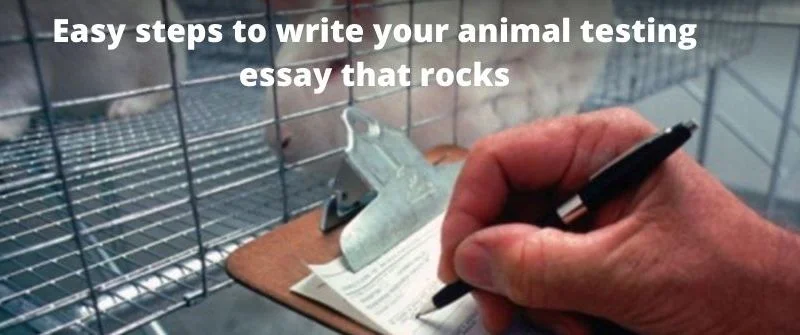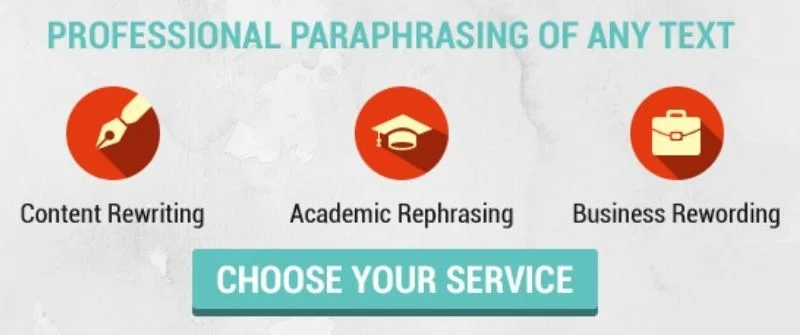How to Reuse Papers & Avoid Self-plagiarism when Retaking Class
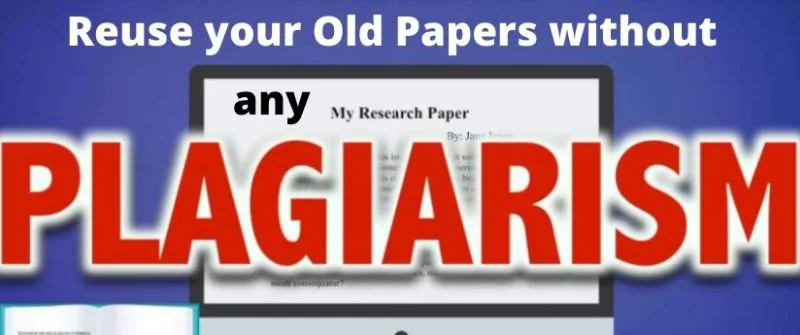
If you are taking a class you did before or your friend completed, you may be tempted to submit the same papers. In this post, we explain how to reuse old papers and effectively avoid self-plagiarism when you are re-taking classes in college.
If you do it right, you will do just fine. However, you may be flagged for plagiarism if you do not handle it well. To understand this better, let us first know what self-plagiarism is.
Easy navigation table
What is Self-Plagiarism
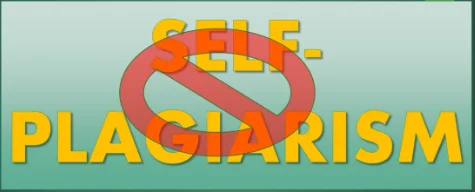
Self-plagiarism can be defined as using one’s previous work in a new context without citing the previous use of the work.
In college or universities, self-plagiarism takes the form of using your old paper in another class and presenting it to your professor as a new one.
It does not really matter the type of work, whether an essay paper or any kind of data. It is dishonest to present work that you have already received credit for.
Just as writers are required to cite other writers’ work, they must do the same to their own previous work, especially when they retake a class.
Another form of self-plagiarism occurs when authors of a certain study separate aspects of the study to aid in several different publications.
Self-plagiarism can be a form of copyright infringement when the research used has been previously published.
Order a Brilliant Paper today!
Let us help you get that A in your next assignment. Place your order today, and you will enjoy the benefits.
How to Avoid Self-plagiarism when Re-taking a Class
If you retake a class and want to reuse papers, the most effective ways to avoid self-plagiarism are paraphrasing, referencing, changing the topic, and using past work as a model for new ones in the new course.
Others include using the sources only and getting inspiration from them. Let’s discuss each of these in detail.
1. Paraphrasing Past Papers to Remove the Similarity
Paraphrasing can be defined as using your own words to write a paper or work almost the same length as the original to avoid plagiarism.
In order to paraphrase your own work and make it new again, you can:
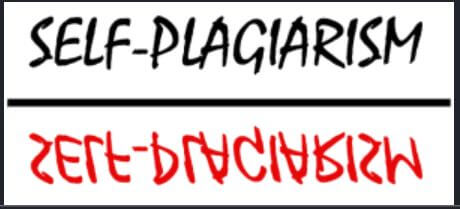
- Change your sentences’ structures and ensure they do not lose their meaning.
- Change the voice. This can be done by changing the passive voice to the active voice and vice versa.
- Replace generic words with their synonyms to create new sentences.
- Change parts of speech and also clauses to phrases.
2. Cite your Previous Papers Appropriately
Citing your own work can help you avoid self-plagiarism. This can be simply done by creating your own work that you presented earlier as an unpublished paper.
For example, if Sean Wright wanted to cite something that he had included in his work in the year 2016, one may cite it in the current paper as:
Wright (2016) argued that the population increase in Chicago has led to increased regional insecurity (p. 9).
If the work had citations from other sources, the same citations must also be included in the new work. For example, if Sean Wright, in his previous work, had cited Catherine White, the new citation would be:
According to Wright (2016), demographist Catherine (2014) provides several effects of population increase on the country’s economy (p. 12).

Citing when summarizing other sources.
It is important to cite even when summarizing to show where your information and ideas came from. There are three forms of citing when writing summaries for academic submission:
- The use of narrative citations.
- Combining narrative citations with parenthetical citations.
- The use of periodic citations.
- The use of reminder phrases.
The study ideas are clearly shown through these citations, and their origin is known.
If you disagree with this, you can request help writing non-plagiarized papers from a homework help expert.
3. Changing the Topic of your Past Essays
Changing the topic can help you as a writer avoid self-plagiarism. It will help you research the topic from a different view and reframe your ideas to fit a different purpose.
You will mostly avoid duplicating your ideas on the previous topic. Pass through your previous work to ensure no similarities between the current and the previous work.
When dealing with strongly held views, the probability of plagiarism is high, and the writer must anticipate this in advance before writing.
Treating the new topic as someone else’s work will help increase the focus and reduce the chances of possible plagiarism.
4. Use the Sources used in your Previous Papers
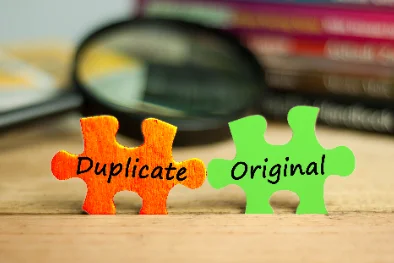
When reusing previous papers, it should be purposely to support new ideas and not replace them.
Previous content can support a new point you are putting across or provide extra information on the topic you are writing about.
Remember that the text you are writing must be original.
Writers should try minimizing the usage of old sources to minimize the chances of self-plagiarism.
5. Use your Past Papers as Inspiration
One can refer to successful past papers for motivation. You can remember the strategies you used to write the paper and apply the same strategies to write new work.
Instead of reusing old papers and getting flagged off, you can effectively avoid self-plagiarism by using them as models, especially when re-taking your class.
How does Turnitin know if you reused old papers?
Turnitin has a database with records of all content submitted through it. Turnitin also has agreements with several academic proprietary databases.
As we determined in our guide on whether Turnitin detects self-plagiarism, it is easy for the scanner to know your own plagiarism. Turnitin compares the content in its database with the content submitted to identify plagiarism in a document.
FAQs on Self-Plagiarism and using Past Papers
Can you copy your own work without plagiarizing?
Yes, you can copy your own work without plagiarizing if the previous document is not duplicated to look similar to the new one and by citing the sources of your already published content in the new content.
Can you plagiarize your own work on Turnitin?
No, this is because Turnitin keeps a record of your papers, and therefore it can notice similarities in the new paper.
However, you can request your paper be returned to you, and plagiarism in your new paper will not be detected if the paper is not on the database. One should note that plagiarism under any circumstance is unethical.
If I Retake a Class can I use the same papers?
Yes, you can, but this will be self-plagiarism and can land you in trouble with your teacher for cheating. However, you can use your old papers as inspiration for writing new ones.
When you present your previous ideas in a new essay, you will not have plagiarized. The notion that you can use your work repeatedly because you are the author is dubious.
How can I copy and paste without plagiarising?
Copying and pasting content directly can easily be noticed by plagiarism checkers.
Therefore, writers should paraphrase the copied work using their own words to avoid plagiarism. Writers can cite their work and use quotes and references to escape the plagiarism test.
Can I use the same paper for two classes
Papers submitted in one class or already published work cannot be used again in another class. It is unethical.
To reuse content, one should paraphrase, cite, and reference or quote it in the new paper.
Can you use the same paper in two different classes?
No, when submitting the same kind of paper in different classes, make significant changes to make the papers look different. The paper checked first will make the other plagiarized, leading to low or no credit for your work.
Can you plagiarize the dictionary?
Yes, you can plagiarize the dictionary if you don’t properly attribute the source of information.
How much work is being copied, the purpose and nature of the work, and the view of the copyright holder can determine the fair use of dictionaries regarding copyright violations.
Can you plagiarize even if you cite the source?
If you correctly cite the sources of information and adhere to the rules of the different citation styles in your content, you’re not guilty of plagiarizing. However, citing is not enough. One must paraphrase, quote, and reference the content to increase the chances of avoiding plagiarism.
Can you accidentally plagiarize?
Yes, you can accidentally paraphrase by forgetting to cite the sources of the content, failing to show references, and by forgetting to quote words said by different people in your content.
Poor paraphrasing can also lead to accidental plagiarizing; therefore, one must master the skill perfectly.
Can you go to jail if you plagiarize?
Legally, plagiarism has consequences. Copyright laws term plagiarism a criminal offense and give authors the right to sue plagiarists. The plagiarist can pay fines or serve a prison sentence if found guilty.
Can teachers and professors tell you if you have plagiarised?
Yes, most experienced and knowledgeable teachers and professors who have come across many writing contents can easily identify plagiarism and the original sources.
Students may change some sentences, which may make lecturers not notice plagiarism. Lectures, in turn, use plagiarism checkers.
What do you do if you get caught plagiarizing?
If you are guilty of plagiarizing, own the blame and don’t give excuses, and apologize to the owner of the original work that you plagiarized. You should also apologize to the recipient who you planned to deceive.
Is using paraphrasing tool cheating?
Writing is a skill different from paraphrasing. If one is poor at paraphrasing or does not have enough time to go through bulky content and paraphrase it, using paraphrasing tools to get the content paraphrased cannot be termed as cheating.
Is it okay to copy and paste if you cite?
No, plagiarism checkers will not spare the copy-pasted work in the presence of citations. Therefore, you should paraphrase and quote the content where necessary before submitting the paper to the instructor.
Can you get expelled from school for self plagiarism?
You can get expelled or suspended from school if your paper clearly shows self-plagiarism.
If you submit a paper you had previously submitted or published online without stating that it was used, your school can easily take disciplinary measures against you.
Watch more on the issue of self-plagiarism from an educational point of view

With over 10 years in academia and academic assistance, Alicia Smart is the epitome of excellence in the writing industry. She is our managing editor and is in charge of the writing operations at Grade Bees.



